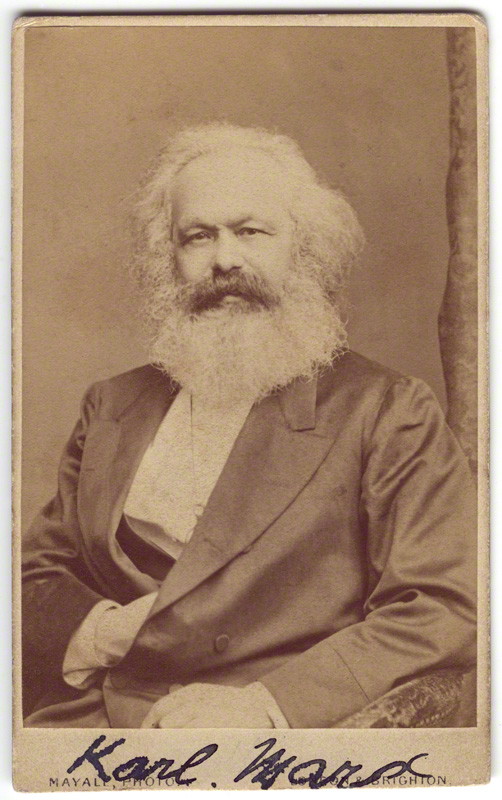What is Communism?
Communism is a set of ideas to manage the economy of a society. The main goal of communism is to have all the resources of a certain society shared equally between the members of that society with no private ownership of things. Everything in a communist country is owned by the government from homes and other properties to services like education, healthcare, and transportation.
How Communism began
Communism came about in the 1800’s when Karl Marx attempted to create a philosophy to solve the problems he saw with capitalism, the dominant economic system in the Western world.
Marx saw that the world was divided into two classes, the working class (people doing the work) and business and production owners (people getting the profits). As an attempt to have a fairer distribution of the resources in the society, he believed that every person should have an equal share of those resources. In theory, they would do an equal amount of work and get an equal amount of the profit.
Key aspects and ideals of Communism

- A citizen in a country with a communist government would typically work as much as he or she can, but only get what’s necessary for life. People are not allowed to own anything and, therefore, are not allowed to inherit anything from their parents or grandparents.
- In a communist country, there is only one central bank that controls all the money of the entire society.
- The government imposes a very high tax rate on the individuals’ income. The more the person makes, the more the government takes from him or her.
- The government owns and controls every single aspect of life like farming, factories, transportation, communication, and hospitals.
- As a result, people of communist countries have no freedom whatsoever. They can only take what the government gives them and do as the government tells them to do.
Biggest Communist countries in the 20th Century
The Soviet Union: The first country to use concept of communism as its economic and political system was Russia in 1917. A revolution under the leadership of Vladimir Lenin overthrew the government of the Russian emperor at the time, Nicholas II, and started a communist government in Russia, which was renamed to the Soviet Union.
After being a part of the Allied forces in World War II and defeating Nazi Germany, the Soviet Union took control over many of its neighboring countries in Asia and Eastern Europe and started spreading communism. This was not approved by the democrat capitalist countries of the West. As a result, the Cold War began.
China: In 1950, communists took over China and joined the Soviet Union as a second great power of communism after the end of the Chinese civil war. Mao Zedong was the leader of communist China during this time.
The results of applying the theory of Communism to the real world
As fair and just that the communism theory may sound for some people, it had one huge flaw that appeared right away when it was applied within a society. Giving so much power to the government and so little power to the people as individuals was the major flaw. This flaw spider webbed into multiple other major problems such as corruption, abuses of power, having no freedom of speech, and living in constant fear and poverty while government officials took over most of the income. All those problems made it clear how much of a failure the theory of communism really was. It became more and more clear as all those problems resulted in the collapse of the Soviet Union, the most prominent communist country that existed in the world.
Back to Cold War topics
